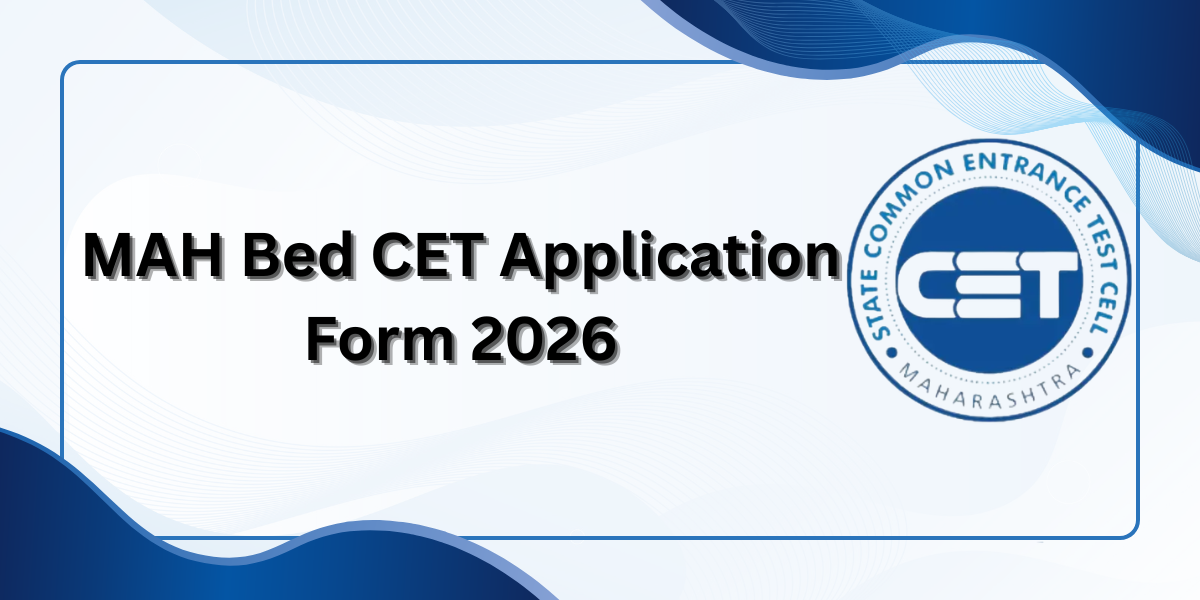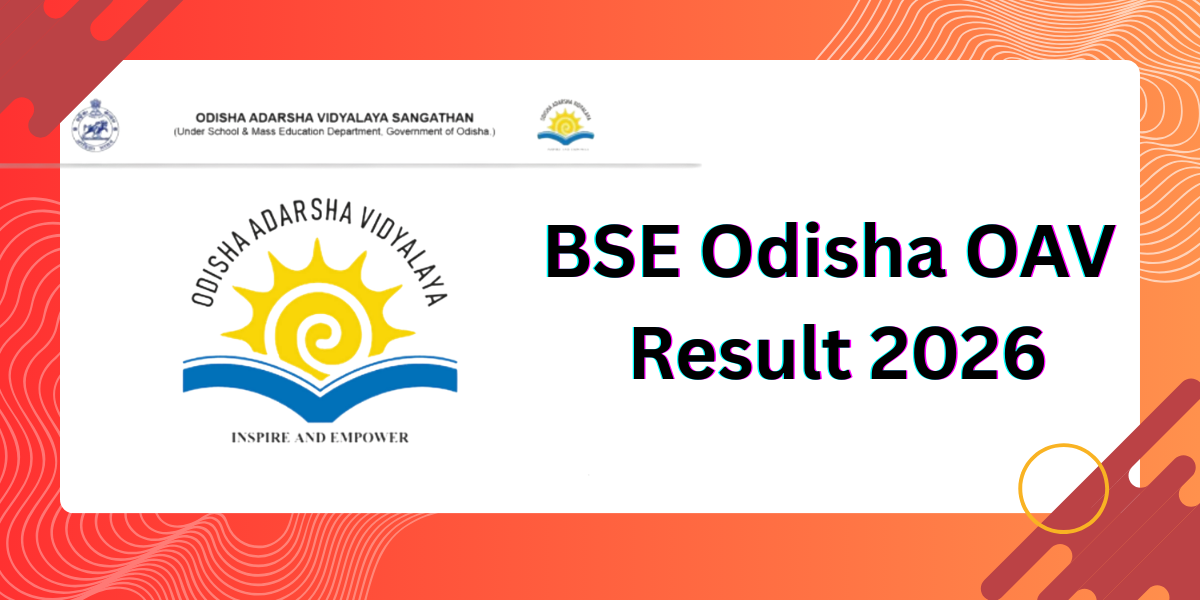So, you’ve made it past the first hurdle and secured a law school interview. Congratulations! But the journey doesn’t end here. Preparing for a law school interview is crucial as it can make or break your chances of admission. In this guide, we’ll walk you through everything you need to know to ace your interview, from understanding the process to handling tough questions with grace.

Before you dive into preparation, it’s essential to understand the different types of law school interviews. Some schools conduct open interviews, where any applicant can schedule one, while others have invitation-only interviews. The format can vary too – it might be in-person, over the phone, or via video call. Knowing what to expect can help you prepare more effectively.
Research the School
One of the most critical steps in your preparation is researching the school. You need to know the school’s values, culture, and what they pride themselves on. Review their curriculum and any special programs they offer. This will not only help you answer questions more confidently but also formulate insightful questions to ask your interviewer. Additionally, look up recent news and achievements of the school to show that you are genuinely interested and well-informed.
Your interviewers will likely have your application in front of them, so you need to be intimately familiar with every detail. Review your personal statement and be prepared to discuss it. Know your resume inside out and be ready to talk about your experiences, achievements, and any gaps or weaknesses. Transparency and honesty are key here – don’t try to dodge or gloss over less impressive parts of your application.
Prepare Your Answers to Common Questions
Law school interviews often revolve around a few standard questions. Be prepared to answer why you want to attend that particular law school, what your career goals are, and how you have demonstrated leadership in the past. Practicing these answers can help you deliver them smoothly and confidently.
Develop Your Own Questions
Remember, an interview is a two-way street. It’s not just about them evaluating you – you’re also evaluating them. Prepare thoughtful questions about the program, the faculty, and career support. This shows that you’re serious about your future and have a genuine interest in what the school offers.
Practice makes perfect. Conduct mock interviews with friends, family, or mentors. Record yourself and review the footage to identify areas of improvement. Pay attention to your tone, pace, and body language. Feedback from others can provide valuable insights that you might overlook.
First impressions matter, and your attire plays a significant role in this. Dress professionally – think business formal. Pay attention to grooming and accessories. Your goal is to look polished and put-together, not flashy.
The day before the interview is all about final preparations. Confirm the interview details – time, place, format, and the name of your interviewer. Organize your documents, like copies of your resume and any notes you might want to refer to. Most importantly, get a good night’s sleep. You need to be well-rested to perform your best.
On the big day, aim to arrive early. This shows punctuality and gives you a buffer in case of unexpected delays. Bring any necessary materials, like your resume, a notebook, and a pen. Stay calm and confident – a positive mindset can significantly impact your performance.
During the interview, your goal is to make a strong first impression. Greet your interviewer with a firm handshake and a warm smile. Answer questions clearly and concisely. Show enthusiasm and genuine interest in the school. This is your chance to demonstrate why you’re a great fit for their program.
Body Language and Non-Verbal Cues
Your body language can say as much as your words. Maintain eye contact to show confidence and engagement. Use positive gestures, like nodding, to indicate understanding and agreement. Avoid nervous habits, like fidgeting or tapping your foot, as they can be distracting.
Difficult questions are a part of any interview. Stay composed, even if you’re caught off guard. It’s okay to take a moment to think before you answer. Try to turn challenges into opportunities – for example, if asked about a weakness, discuss what you’ve learned from it and how you’ve improved.
| Read More Topics |
| What does blindfold on lady of justice meaning? |
| Nervous shock in tort law – Negligence |
| Malicious prosecution – Abuse of legal procedure |





